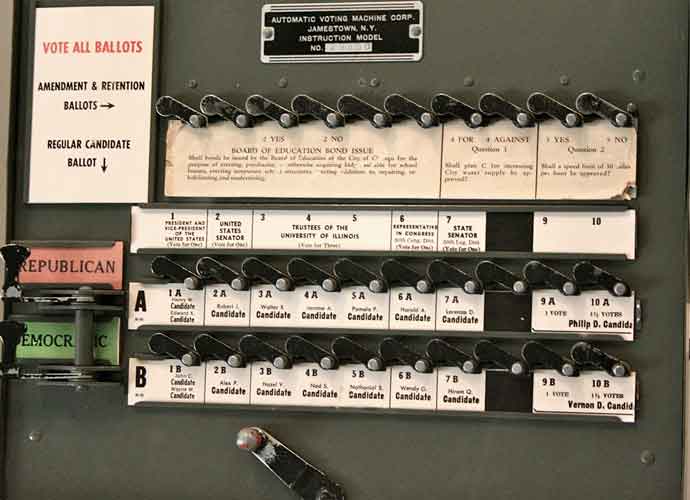VIDEO EXLCUSIVE: Center For Election Science’s Aaron Hamlin: What Is Approval Voting? Is It Better Than Ranked Choice Voting?
The American electoral system is not always the same in every state, as states like Maine are using methods like ranked choice voting.
Ranked-choice voting refers to the system where voters rank candidates by preference on their ballots. The candidate who secures the majority of first-rank votes wins in this system. Meanwhile, approval voting is a single-winner voting method that allows voters to choose any number of candidates. The candidate with the most selections wins.



 Click here for the Top Democrats Running For President Against Trump In 2020 Slideshow
Click here for the Top Democrats Running For President Against Trump In 2020 Slideshow









Leave a comment